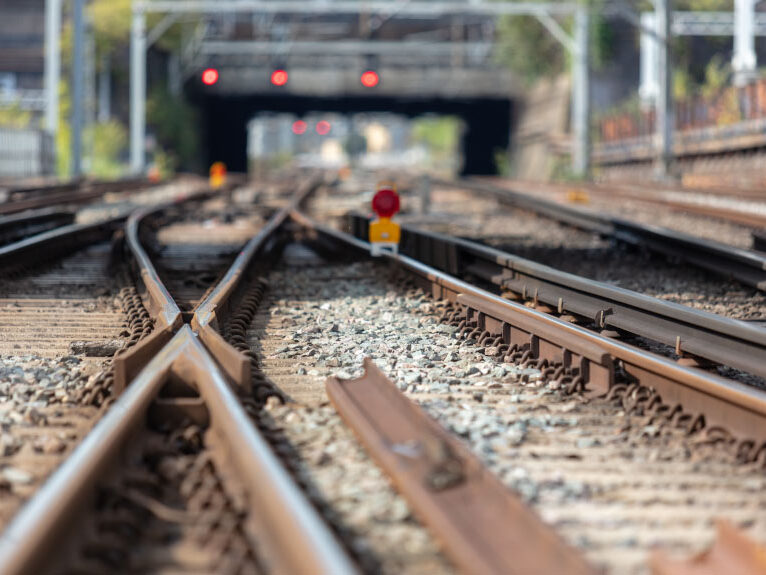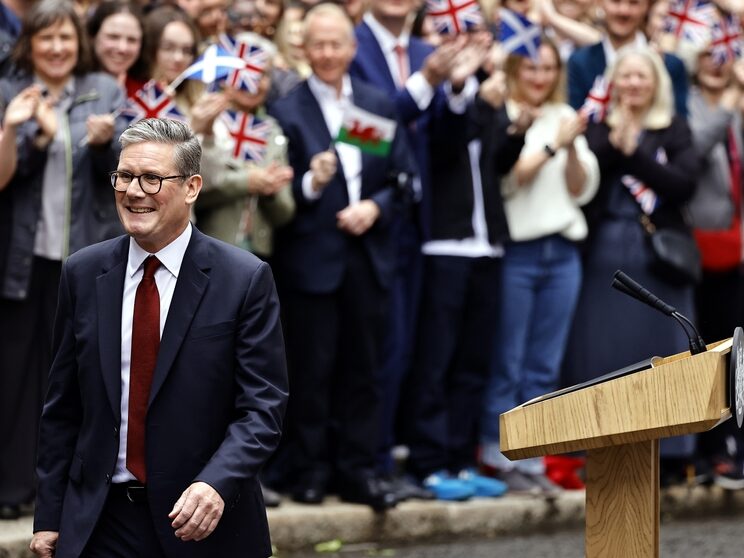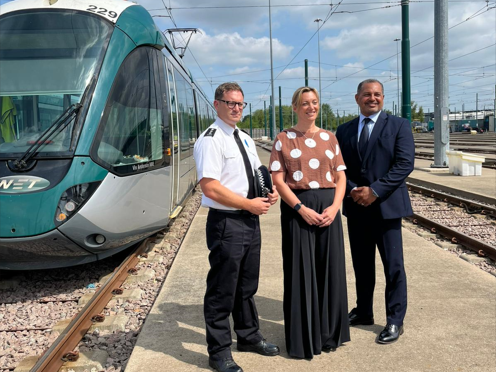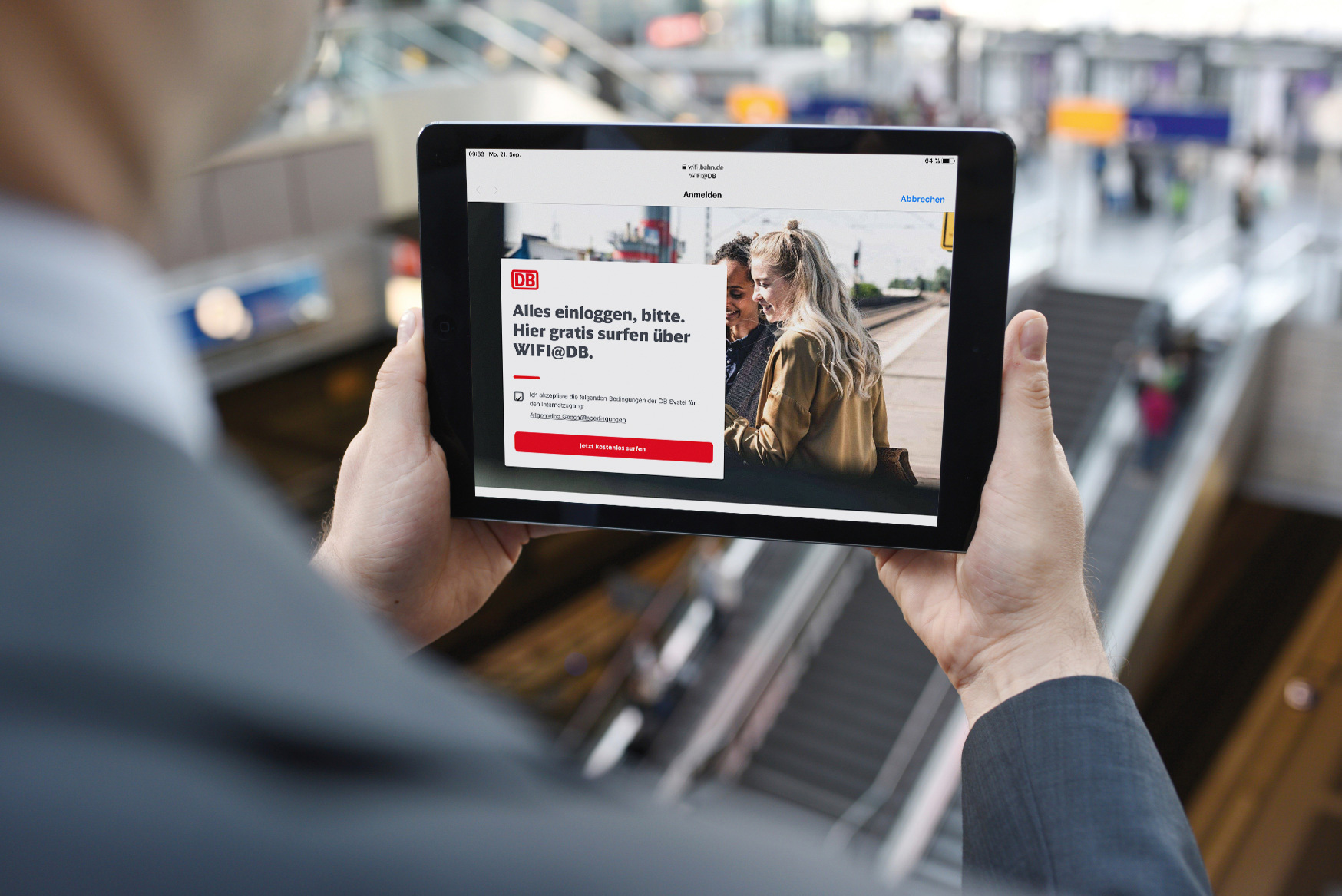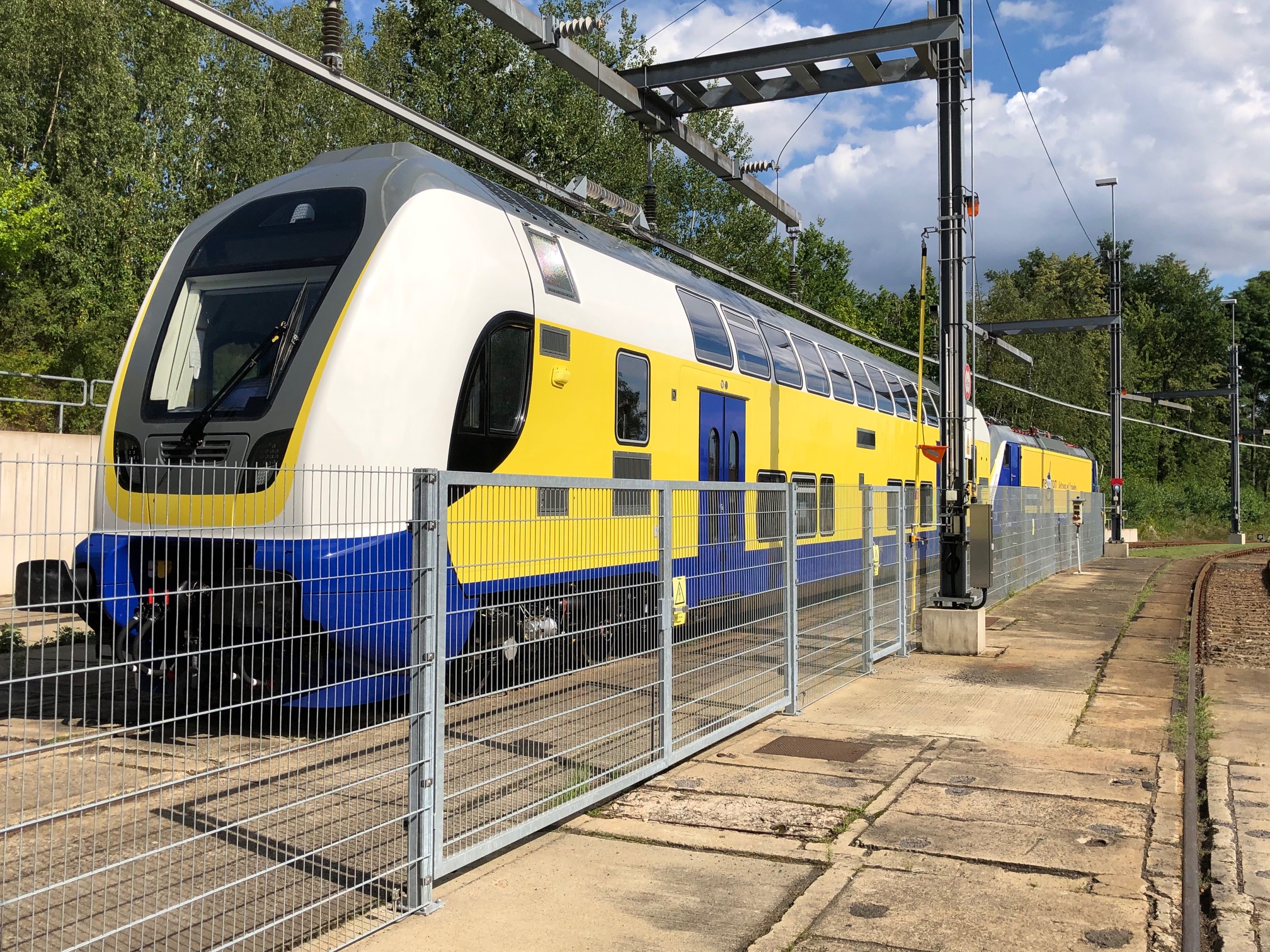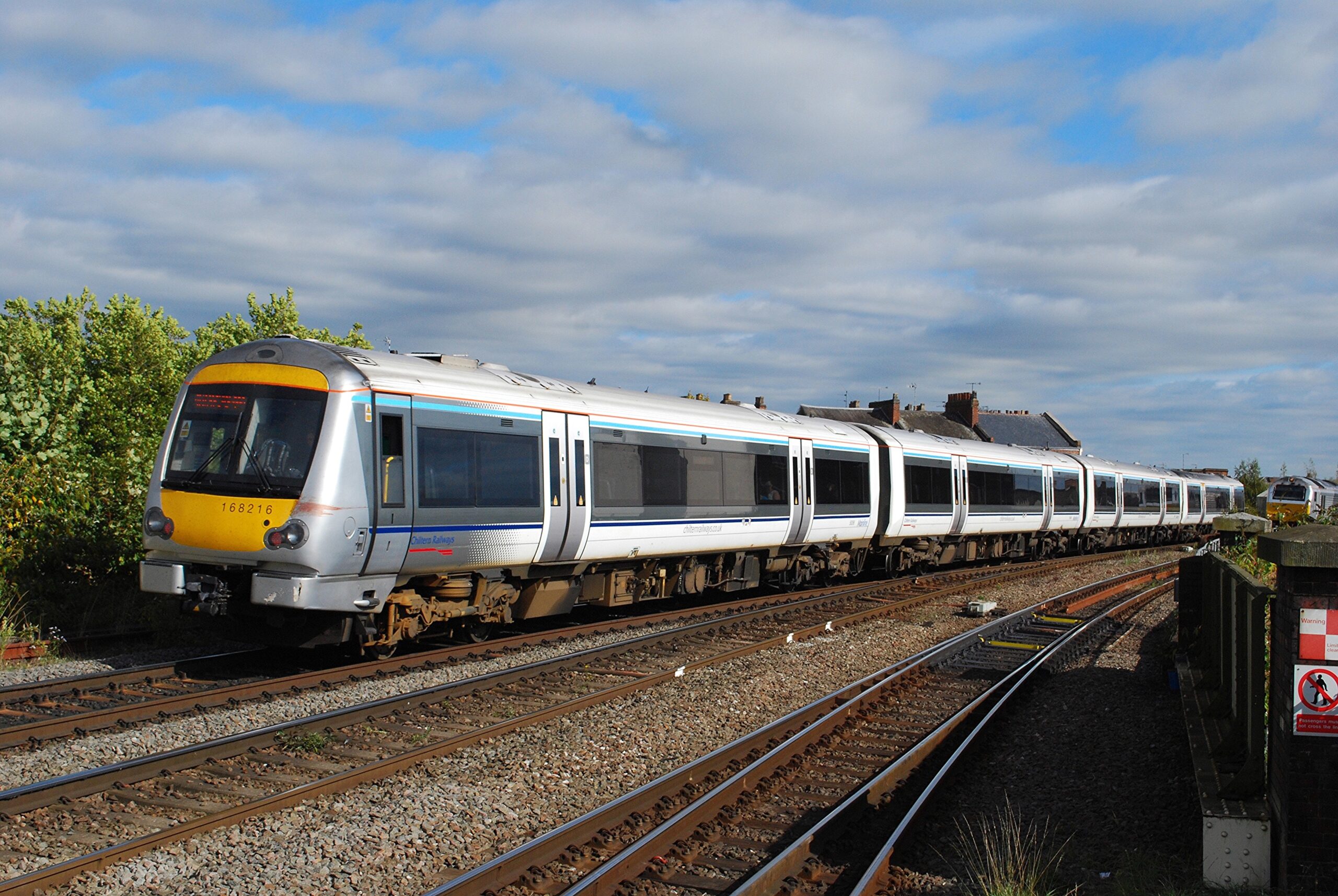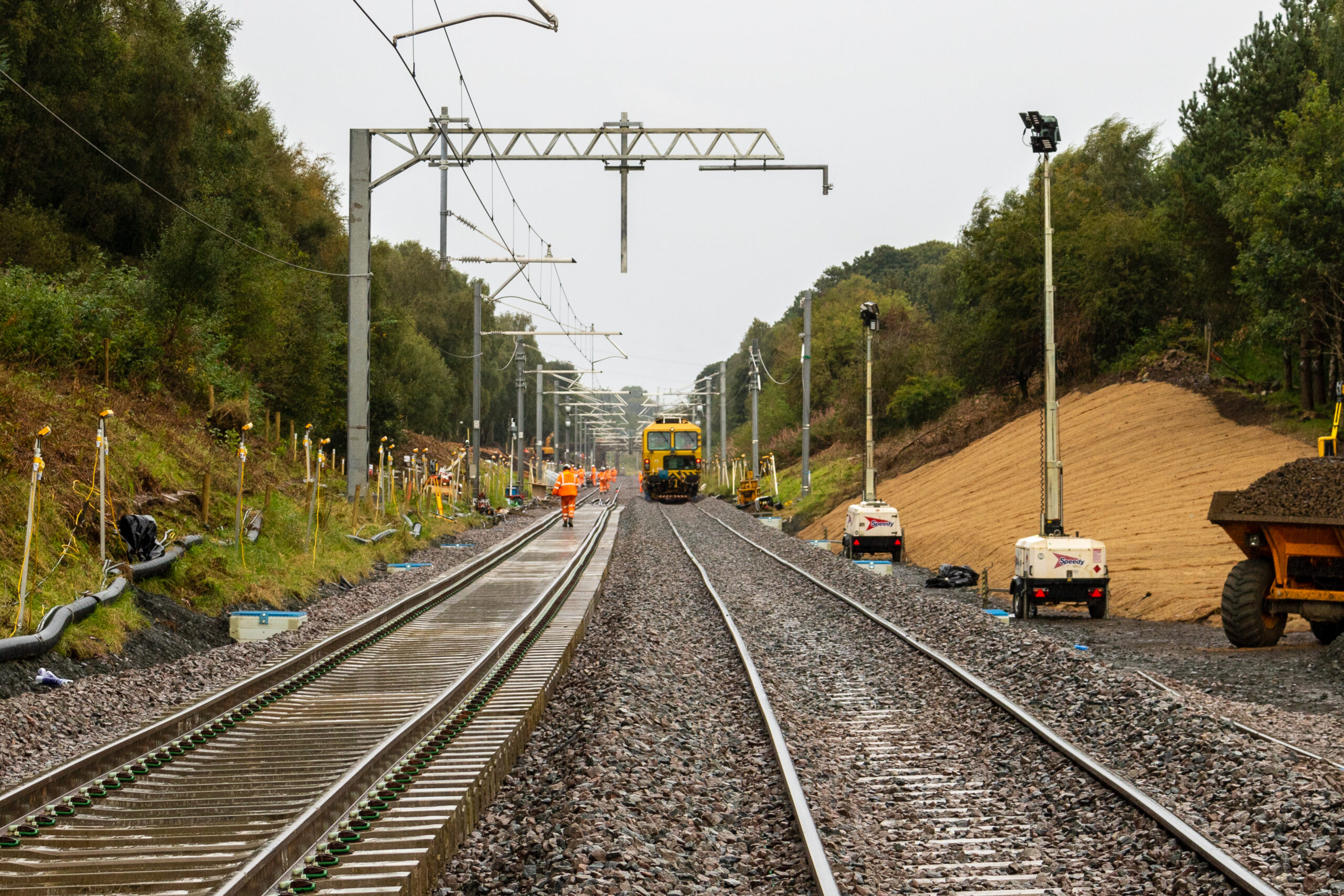On Monday (27 September) a protest train measuring almost 400 metres in length and consisting of 21 modern locomotives made its way through Berlin.
Using their horns, the train drivers attracted attention to the event. The participating freight operators were 19 of the 73 the members of the Network of European Railways (Netzwerk Europäischer Eisenbahnen – NEE). The aim of the protest was to attract attention to the fact that those operators who are not part of Deutsche Bahn deliver more than half of Germany’s rail freight operations and want to continue to grow. Consequently they want to be treated equally to DB’s freight operations when it comes to coronavirus support packages.
The event was entitled ‘Hear the Signal, Berlin!’.
Ludolf Kerkeling, Chairperson, NEE, said:We're demanding that the federal government doesn't give preferential treatment to the state-owned DB Cargo. The injection of funds from taxpayers' money for DB alone is not permitted according to EU competition laws, because it also allows DB Cargo, among other things, to price its competitors out of the market.
The protest participants said that the state’s corona aid packages needed to be accessible to all rail freight operators equally. The association of private rail freight operators said it wanted to avoid any distortion to fair competition.
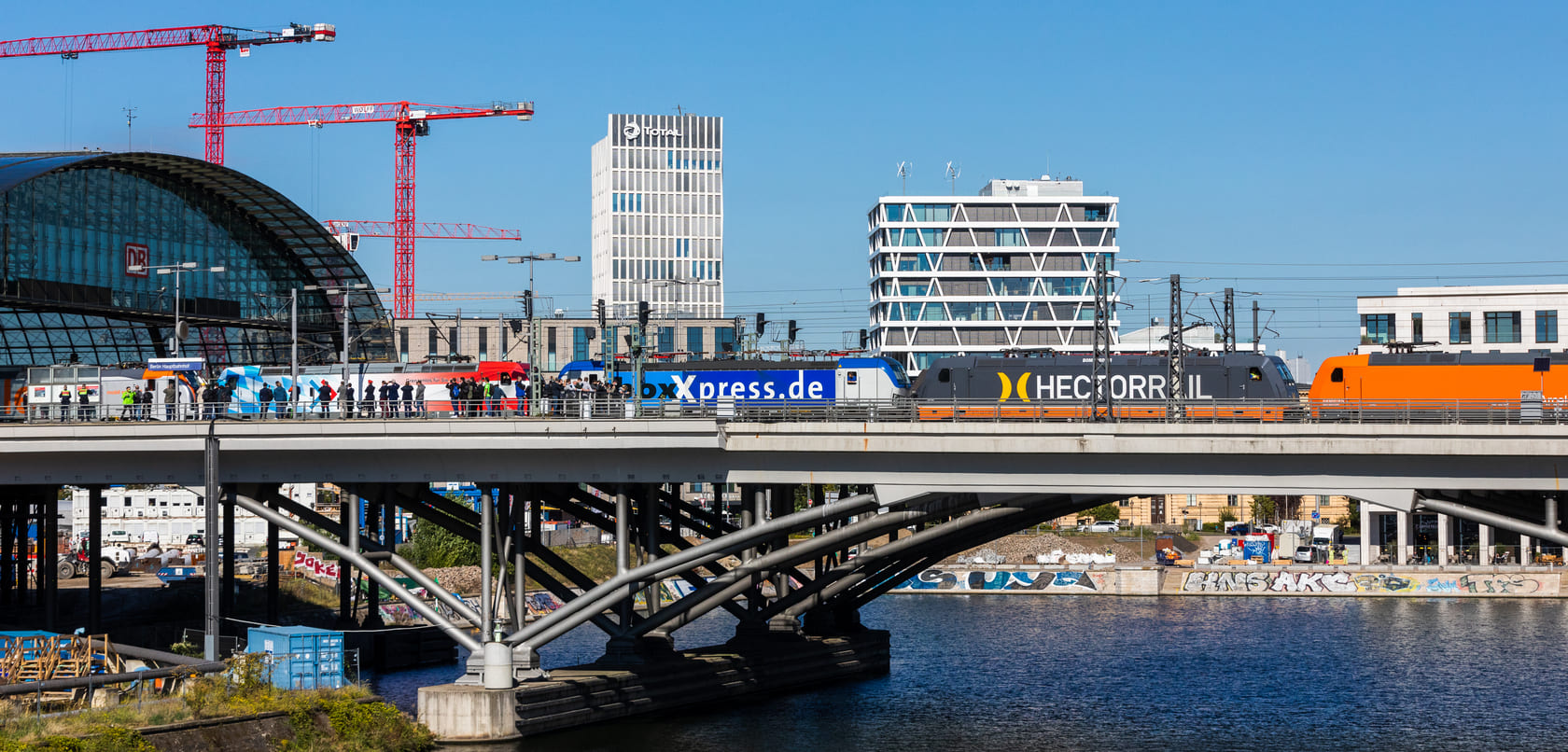
The protest train weighing around 1,700 tons and consisting of colourful freight locomotives with an installed electric power of around 100,000 kilowatts was hauled by just one locomotive. The train crossed the government quarter before continuing its trip through the east, southeast, south and west of the capital. The event was followed by a closing discussion and was attended by representatives of the Bundestag (the German parliament), the transport ministry, the BDI (Voice of German Industry), the head of the monopolies commission, scientists and rail freight operators.
The rail freight operators renewed their announcement that they would submit a competition-critical decision by the European Commission to the Court of Justice of the European Union for review.
Ludolf Kerkeling:Our members have long been single-handedly responsible for the growth in the rail freight sector. They all want to make an even greater contribution to the modal shift through customer-focused services. They want to put the coronavirus crisis behind them as quickly as possible and not be squashed by federal policies that are fixated on DB.
Kerkeling went on to say the EU Commission had to prohibit the German government from providing one-sided support for DB. He stressed that supporting private rail freight operators was in the self-interest of the German government: a strong rail freight sector as an alternative to more polluting lorries was indispensable for the Green Deal.
However, the NEE was disappointed by the political response, saying the German government didn’t seem to want to deviate from its one-sided assistance for DB’s freight operations without the EU Commission stepping in. That would mean Deutsche Bahn would get up to five billion euros from this budget from the German state, while the competitive rail freight operators got nothing. The NEE also said that even the support with regards to track access charging as approved by the EU was not currently an option because investments into maintaining the network have gone up and investments in new infrastructure have also increased.
The NEE says it has not seen sufficient will from the government that would strengthen them in the efforts to achieve modal shift from road to rail. Consequently, they will work to convince not just rail freight customers but politicians that they should bank on the “100 percent commitment” of rail freight operators who are not part of DB.
The protest train, which left Wustermark on time, was delayed as a result of obstructed infrastructure in Berlin-Grünau. The NEE said this was symptomatic of the second major issue discussed by rail freight operators: the inadequacy of the rail infrastructure.
Also read:
- Berlin Declaration Supports International Rail Freight
- EU: Parliament Votes in Favour of Waiving and Reducing Track Access Charges
- German Cabinet Adopts Investment Acceleration Act Proposal
- CER: Apply User-Pays and Polluter-Pays Principles

















